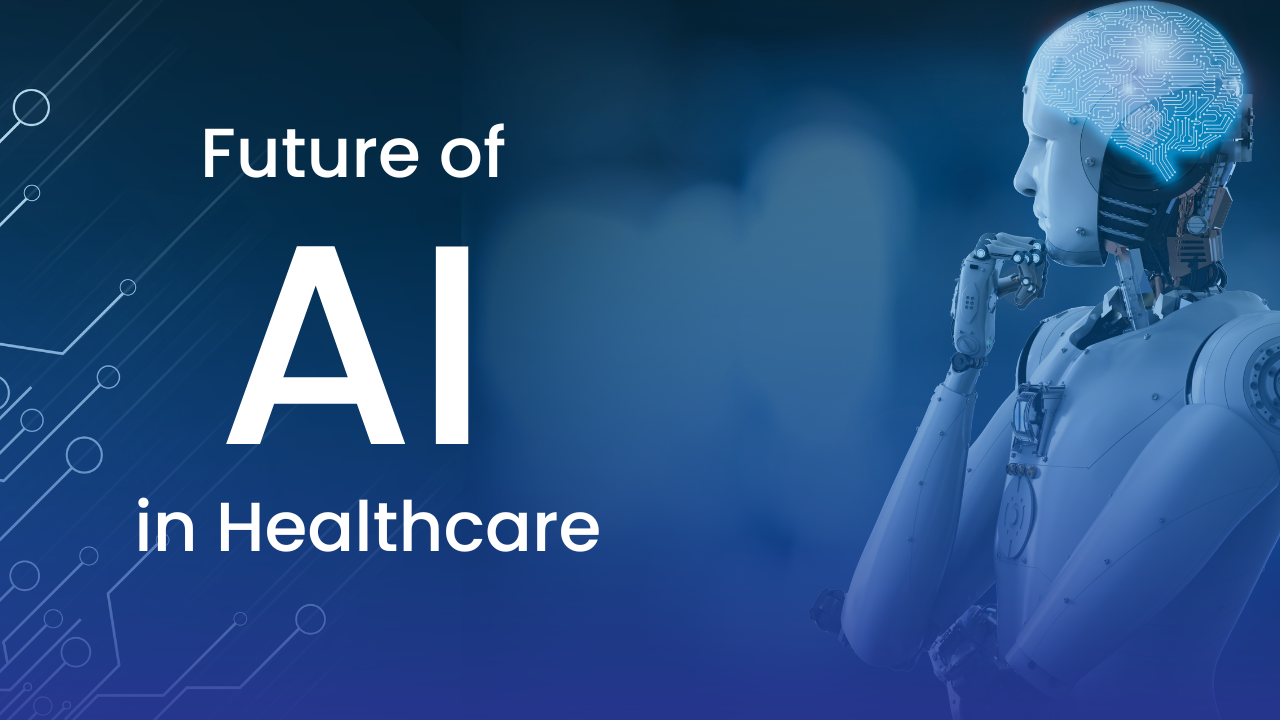Artificial Intelligence (AI) is poised to revolutionize healthcare by enhancing diagnostic accuracy, improving patient outcomes, and transforming operational efficiencies. This article explores the applications, benefits, challenges, and future trends of AI in healthcare, highlighting its potential to reshape medical practices and advance personalized medicine.
Applications of AI in Healthcare
- Medical Imaging and Diagnostics: AI-powered algorithms analyze medical images (e.g., X-rays, MRIs, CT scans) to detect abnormalities, assist in early diagnosis of diseases (such as cancer and cardiovascular conditions), and improve radiologists’ efficiency.
- Personalized Treatment Plans: AI analyzes patient data (genomic information, medical history, lifestyle factors) to develop personalized treatment plans, predict disease progression, and optimize therapeutic interventions based on individual health profiles.
Benefits of AI in Healthcare
- Enhanced Diagnostic Accuracy: AI algorithms can analyze vast amounts of medical data with precision, identifying subtle patterns and correlations that human clinicians may overlook, thereby reducing diagnostic errors and improving patient outcomes.
- Operational Efficiency and Cost Savings: AI streamlines administrative tasks, automates medical documentation, and optimizes resource allocation (e.g., hospital bed management, surgical scheduling), reducing healthcare costs and improving workflow efficiency.
Challenges and Considerations
- Data Privacy and Security: Protecting patient data from breaches, ensuring compliance with data privacy regulations (e.g., HIPAA), and implementing robust cybersecurity measures are crucial for maintaining trust in AI-driven healthcare solutions.
- Ethical and Regulatory Compliance: Addressing ethical concerns (e.g., bias in AI algorithms, patient consent for data use) and navigating regulatory frameworks (e.g., FDA approvals for AI-driven medical devices) are essential for responsible AI deployment in healthcare.
Impact on Patient Care
- Telemedicine and Remote Monitoring: AI-powered telemedicine platforms enable remote consultations, real-time patient monitoring, and telehealth services, expanding access to healthcare in underserved areas and improving continuity of care.
- Drug Discovery and Development: AI accelerates drug discovery processes by analyzing molecular data, predicting drug interactions, and identifying potential therapeutic targets, reducing time-to-market for new treatments and enhancing pharmaceutical research.
Future Trends in AI Healthcare
- AI-driven Decision Support Systems: Integration of AI with electronic health records (EHRs) and clinical decision support systems (CDSS) enhances real-time clinical insights, assists in treatment planning, and supports evidence-based medicine practices.
- AI-powered Medical Robotics: Advances in surgical robotics and AI-assisted procedures (e.g., robotic surgery, robot-assisted rehabilitation) improve surgical precision, minimize invasive procedures, and enhance recovery outcomes for patients.
Conclusion
Artificial Intelligence is poised to transform healthcare by optimizing diagnostics, personalizing treatment plans, and revolutionizing patient care delivery. As AI technologies continue to evolve, addressing challenges related to data privacy, regulatory compliance, and ethical considerations will be critical in realizing their full potential. By fostering collaboration among healthcare providers, technology innovators, and regulatory bodies, stakeholders can harness AI’s capabilities to improve healthcare accessibility, affordability, and quality, paving the way for a more efficient, patient-centric healthcare system.





+ There are no comments
Add yours